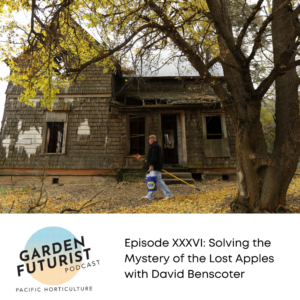

Contributor
- Topics: Archive, Nature is Good For You
A child’s right to play has all but disappeared in recent years, and as a society we are suffering for it. Far from being a frivolous activity, outdoor play in nature is essential to healthy cognitive and intellectual development. Children use play to engage with and learn about the world around them. Through exploration they develop new skills, and as a result, become comfortable and confident in their bodies.
Alana Byrne. Photo: Tracey Byrne
Researchers have found that the more time children spend in nature—running, jumping, climbing—the better their patient observation skills become. Spending time in nature not only increases a child’s creativity, but also gives them a sense of peace and belonging. These studies indicate that play contributes to advances in verbalization, vocabulary, language comprehension, attention span, imagination, concentration, impulse control, curiosity, problem-solving strategies, cooperation, empathy, and group participation. Play encourages children to expand their physical, cognitive, and emotional strengths, and allows them independence and the ability to challenge themselv...
READ THE WHOLE STORY
Join now to access new headline articles, archives back to 1977, and so much more.
Enjoy this article for FREE:
Articles: Calochortophilia: A Californian’s Love Affair with a Genus by Katherine Renz
If you are already a member, please log in using the form below.











